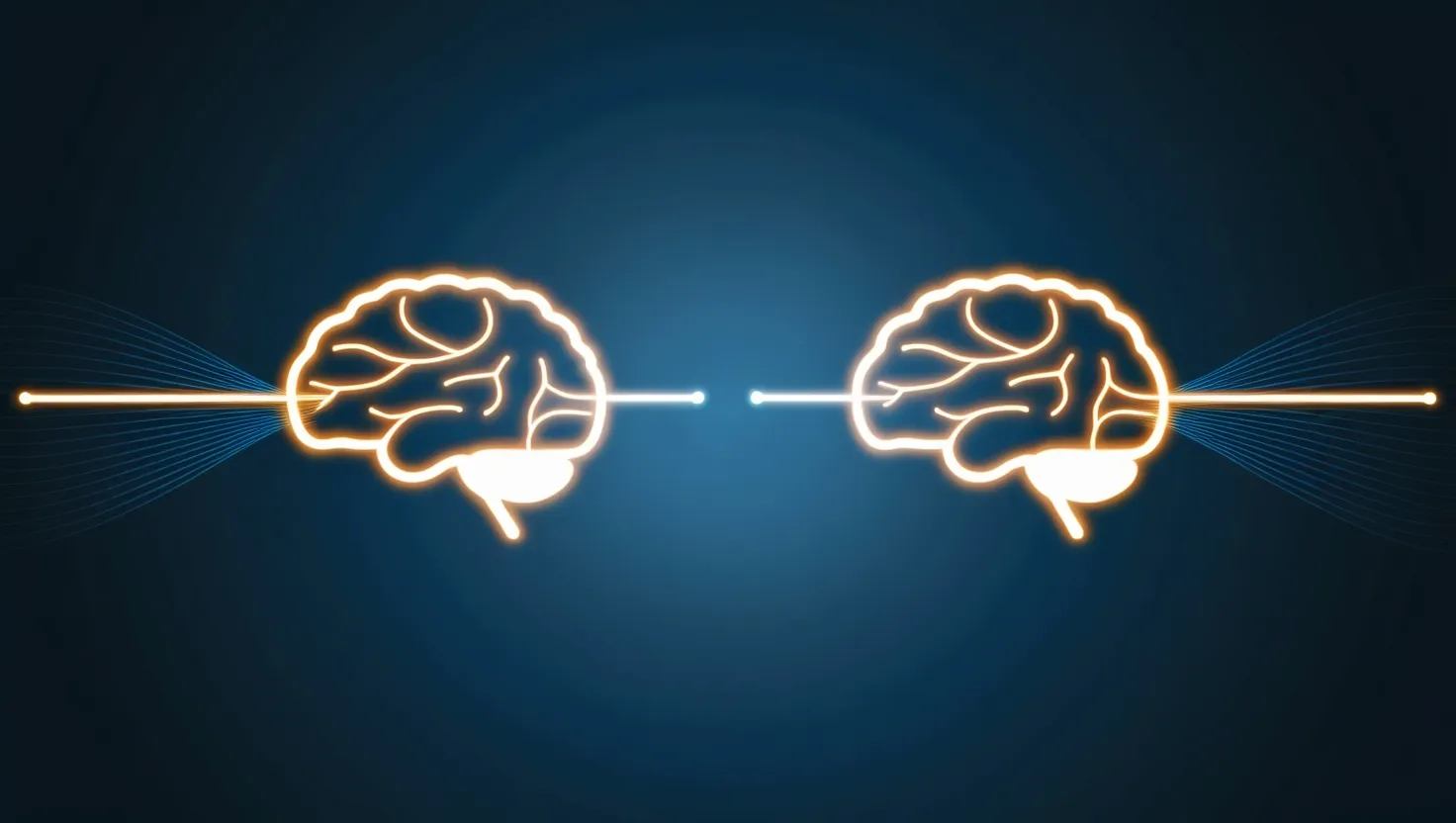The Deep State: Unraveling the Myth and Its Impact on Society
The idea of the “deep state” has become a buzzword in American discourse, often used to explain the unseen forces at play within the government. Initially coined in the 1990s to describe the Turkish military’s grip on the country’s democracy, the term has since grown into a full-blown conspiracy theory in the United States. At its heart, the deep state suggests an underground alliance of government officials, corporations, and other powerful entities, working in secrecy to tilt government policies and destabilize elected leaders.
How It All Started
The origins of the deep state theory took root in Turkey, capturing the essence of how military interests could bottleneck democratic progress. Fast forward to the Trump era, and the term gained fresh traction on American soil. Trump and his adherents frequently cited the deep state to paint a picture of an elaborate scheme against him, allegedly orchestrated by long-standing government officials and unelected bureaucrats.
The US Scenario
In the American context, the deep state narrative is built around a shadowy layer of governance operating outside the established checks and balances. The theory pegs career employees in government agencies, military, and intelligence sectors as the schemers bent on guiding policy and challenging elected representatives. While mainstream discourse often dismisses this as mere conspiracy, it echoes long-standing worries about the military-industrial complex and the overwhelming sway of financial powerhouses over governmental decisions.
Public Take on the Deep State
Surprisingly, public sentiment on the deep state cuts across party lines. Nearly half of Americans buy into the idea, with similar numbers reported among Democrats, Republicans, and independents. Interestingly, belief in the deep state is more pronounced among younger Americans. About six in ten people under 30 echo this belief, compared to only 37% of the older generation.
A Political Tool
Trump’s use of the deep state rhetoric is a masterclass in political strategy. From the FBI’s Russia investigation to extending the narrative to the CIA and Pentagon, the deep state has been leveraged to discredit adversaries and deflect criticism. This storyline has equipped Trump with a potent weapon to interpret opposition and critique as part of a larger plot intended to derail him.
Real-World Fallout
Belief in the deep state is not without real-world repercussions. The COVID-19 pandemic serves as a glaring example. Trump’s skepticism toward the deep state reportedly delayed his response to the crisis, underlining the hazards of such conspiracy theories. Furthermore, these narratives can incite political violence and lead to the harassment of public officials, journalists, and civil society factions, a phenomenon vividly illustrated by the January 6 insurrection.
The Era of Cognitive Warfare
Conspiracy theories like the deep state form part of a larger puzzle of cognitive warfare, where information is twisted to shape public perception and behavior. These theories serve as simplified stories that explain complex realities but often mislead. In today’s social media-driven world, they spread like wildfire, thanks to personalized disinformation campaigns powered by generative AI. The rapid dissemination makes it harder to sniff out and control these false narratives.
Social Media’s Role
Social media platforms play a crucial role in the propagation of disinformation and conspiracy theories. Despite the rising threat, these platforms have slackened their efforts to tackle misinformation, leading to an uptick in bogus narratives. Synthetic media and meme teams spreading disinformation is now a common occurrence, complicating an already tangled issue. Such an environment is fertile ground for bad actors to exploit, escalating abuse both online and offline.
Tackling the Issue
Addressing the deep state conspiracy and the broader disinformation problem requires a multi-pronged approach. Revitalizing local news, setting up information literacy programs, and pushing for meaningful social media regulations are among the recommended solutions. Yet, these measures often feel like a drop in the bucket, underlining the need for immediate and comprehensive action.
The Bigger Picture
The deep state theory isn’t a lone wolf but part of a global pattern where conspiracy theories are wielded to sway public opinion. Similar narratives in other countries have been used to weaken democratic processes and institutions. Combating these theories necessitates a collaborative effort to boost transparency, accountability, and critical thinking.
Wrapping Up
The deep state theory, frequently dismissed as mere fantasy, mirrors deeper anxieties about government accountability and the clout of unelected officials. It also sheds light on the broader challenge of disinformation and cognitive warfare in our digital age. As we navigate these intricate issues, it’s vital to parse out genuine concerns about governmental power from baseless conspiracy theories, making sure our responses are well-informed, nuanced, and capable of safeguarding democracy.
In a world where information overload is the norm, understanding the mechanics of such narratives can make all the difference. Whether or not one subscribes to the idea of a deep state, the conversation around it is a window into the complexities of modern governance, public perception, and the relentless battle for truth.






